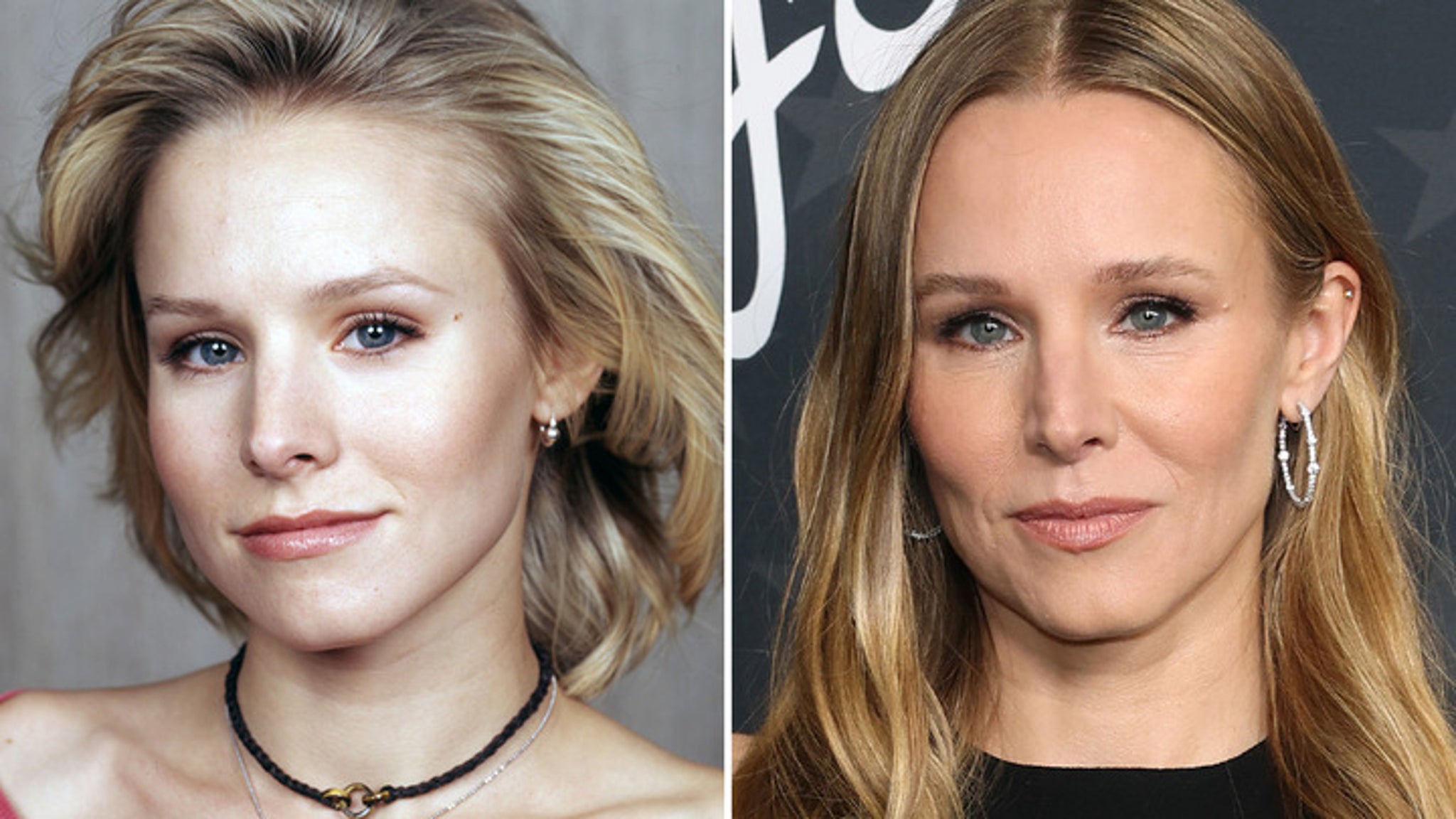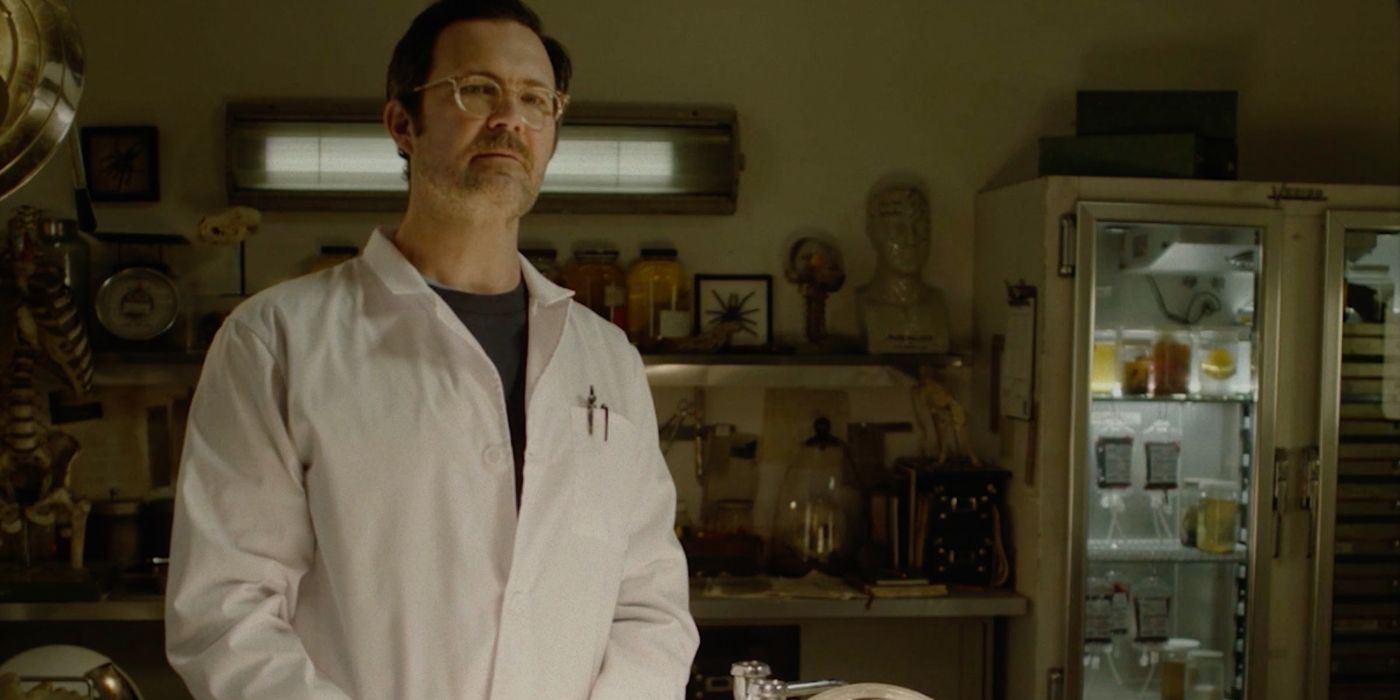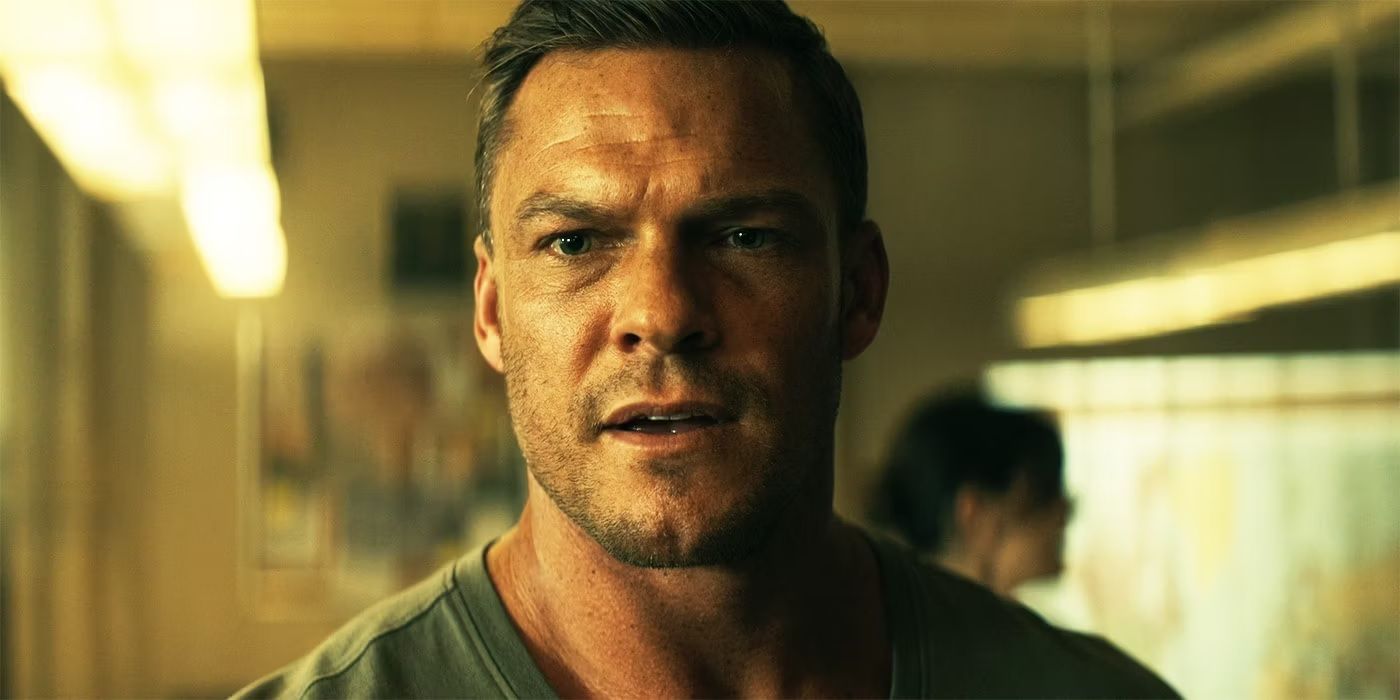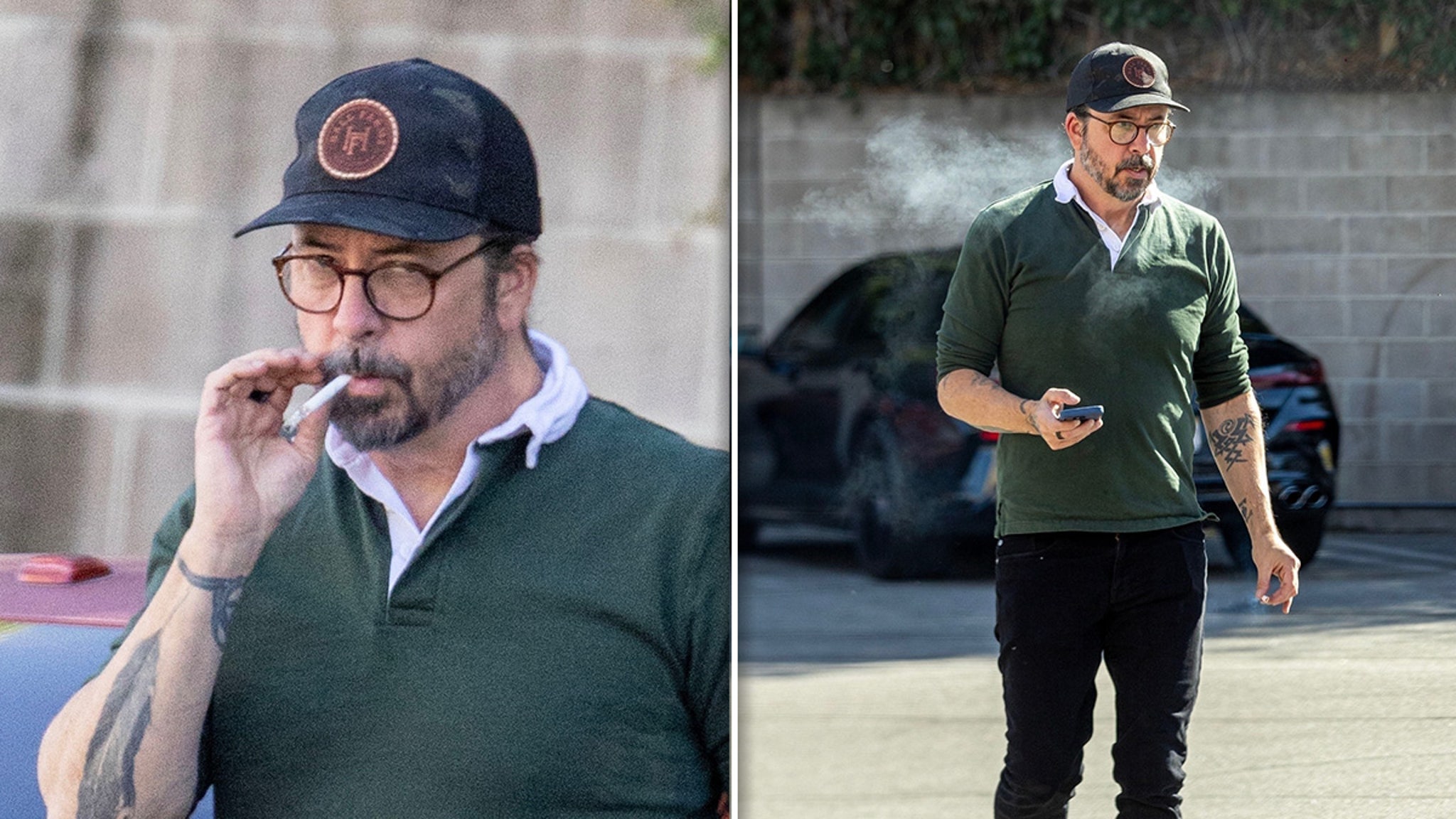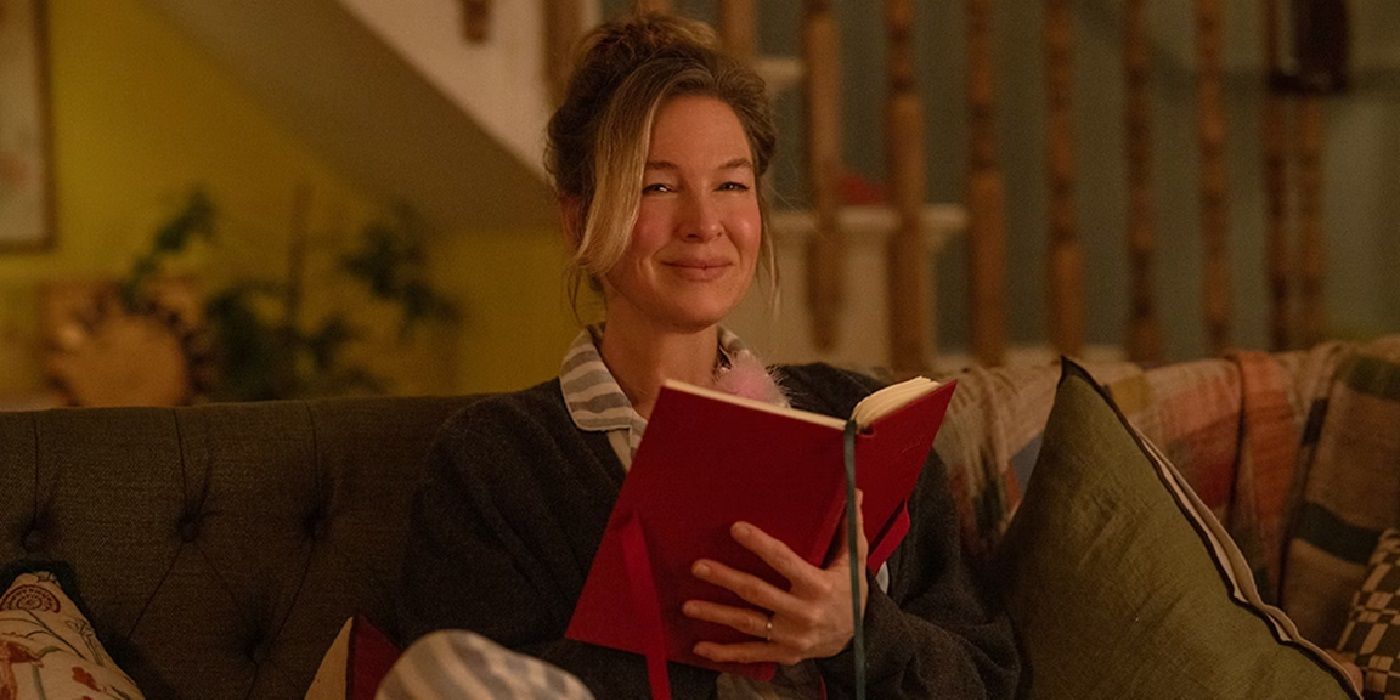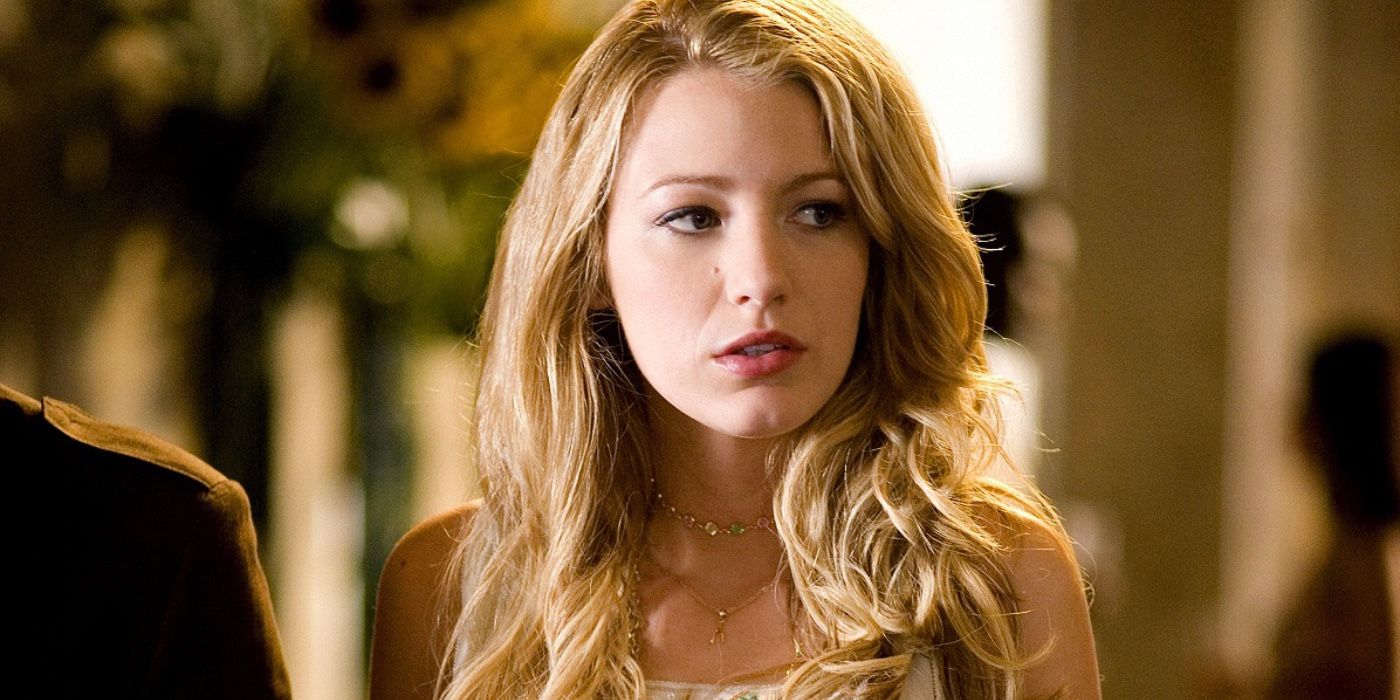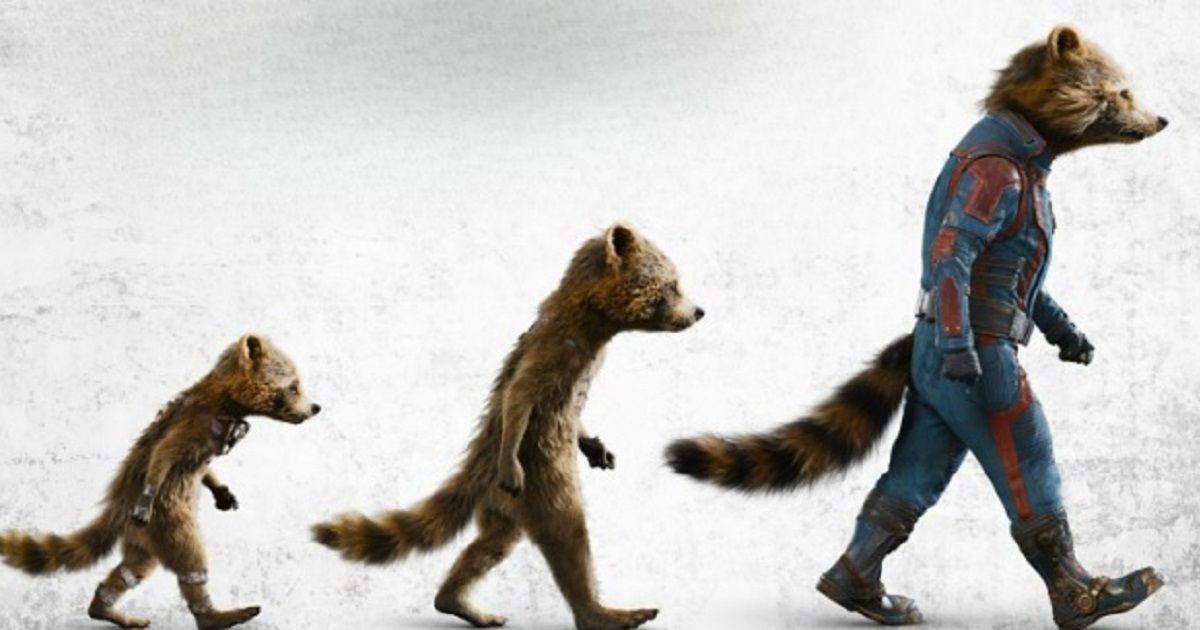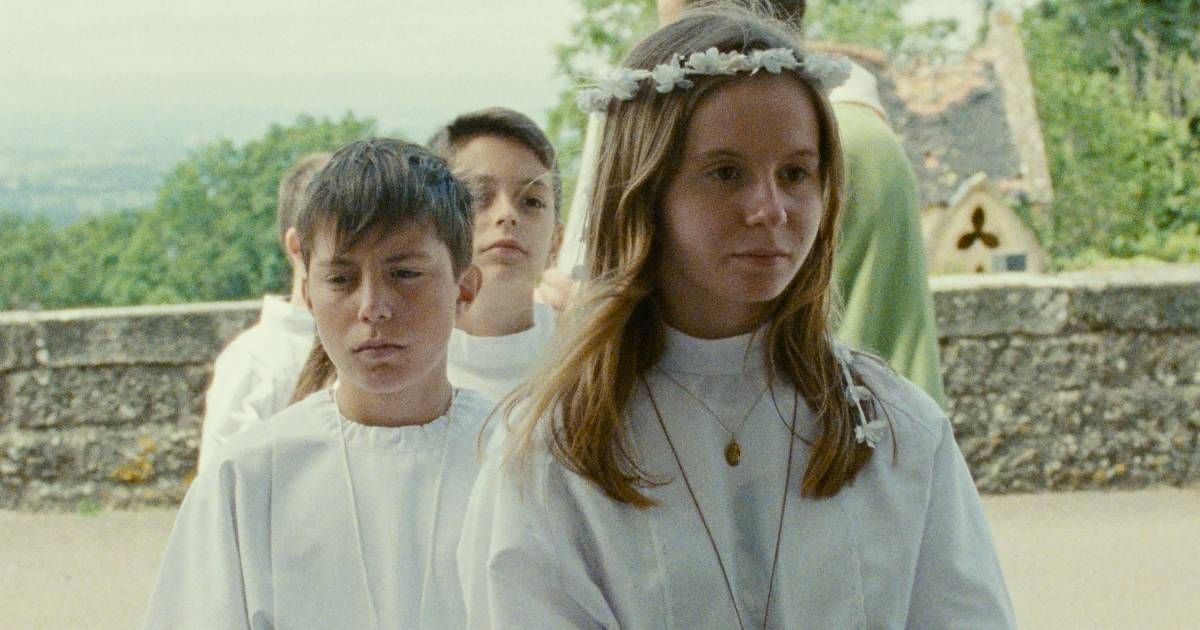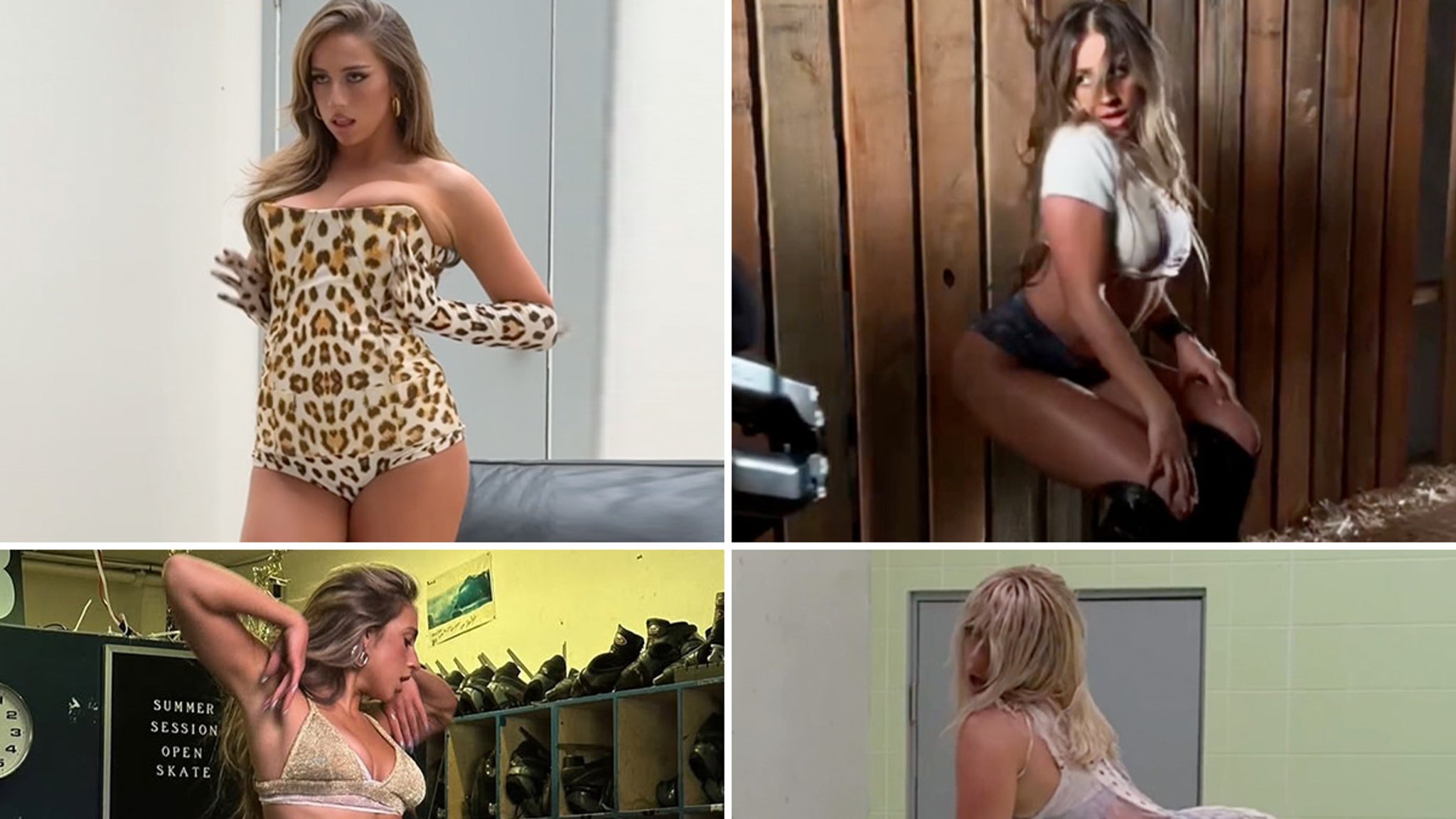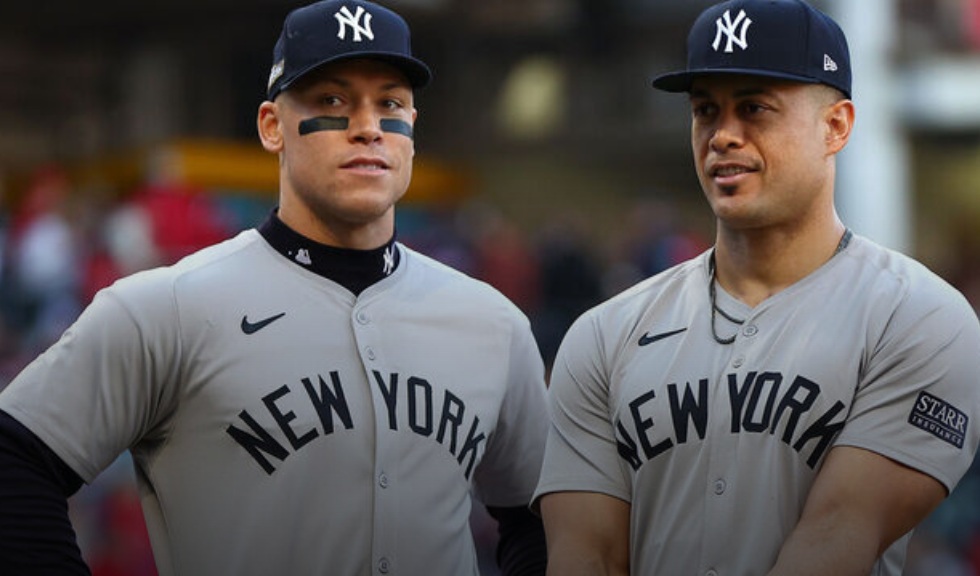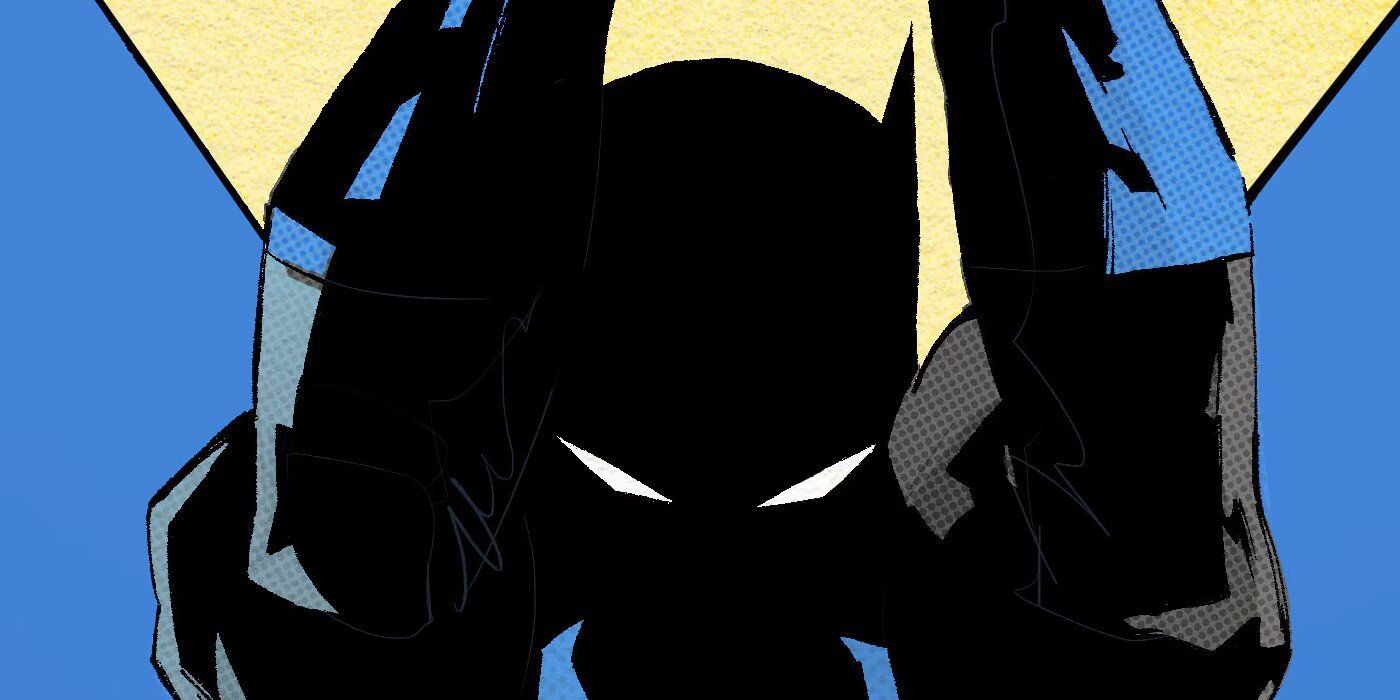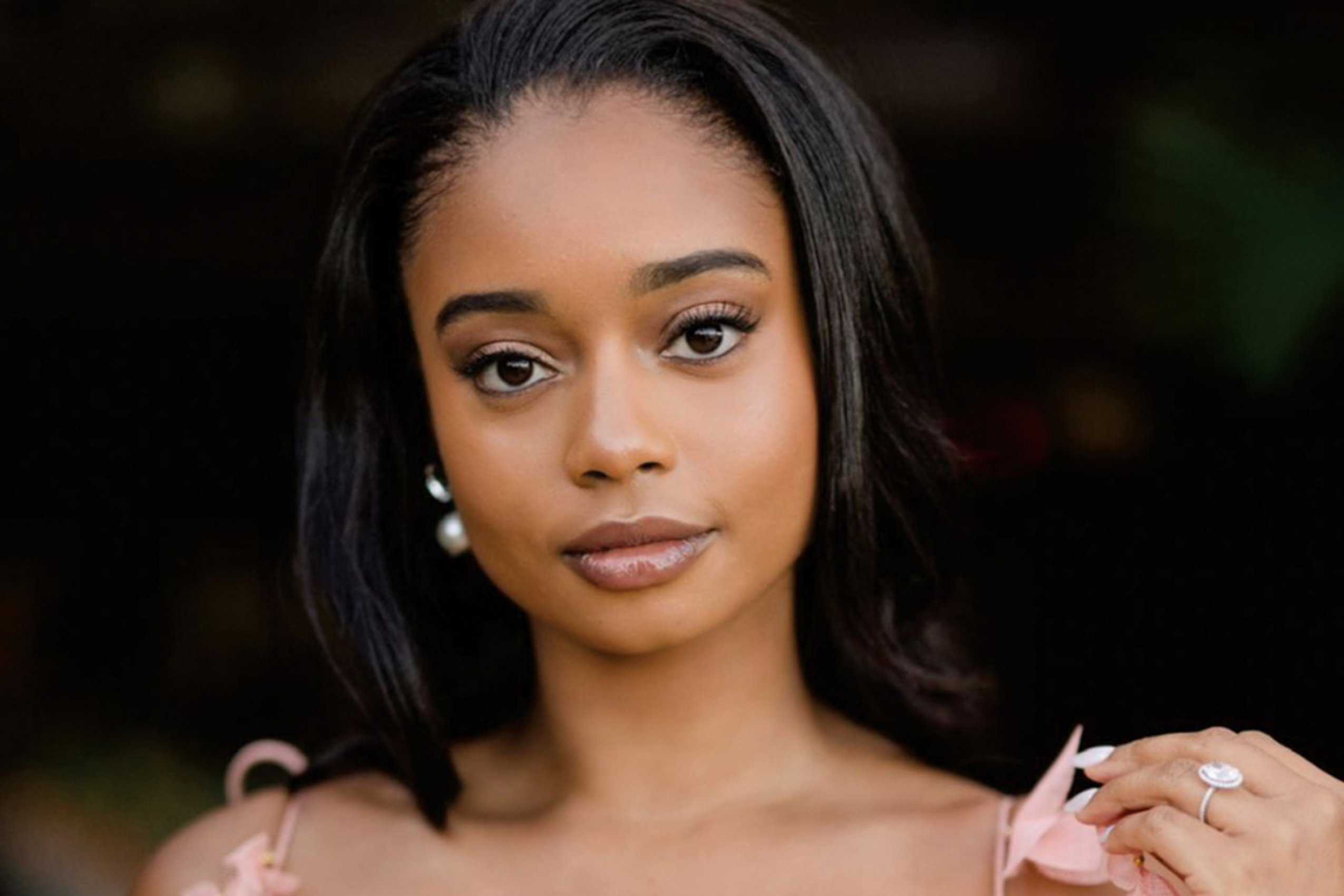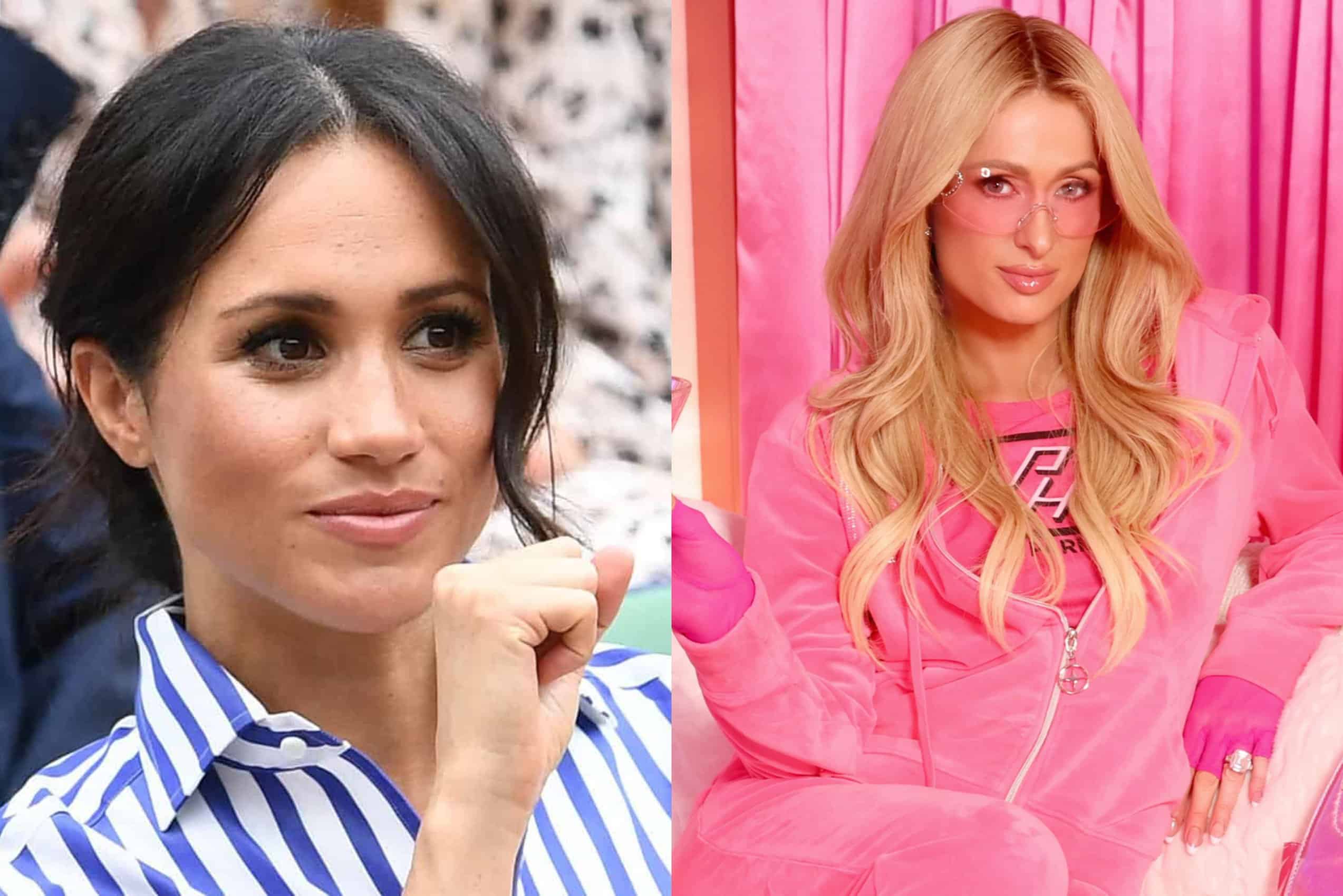Ebony Adams, manager of public programs for Women in Film: LA gave the annual update of statistics, women make up only one out of four people on a movie set, one out of seven writers, one and two-tenths out of ten directors and eight hundredths of a percent for women of color. She emphasized that their efforts at diversity are not just about gender, but about race, disability — “We don’t want a seat at the table. We want more tables with different people in charge of those tables, to bypass the gatekeepers and provide more visibility for those already working.”
A panel of female gatekeepers was titled “Entertainment is Female: A Conversation with Hollywood Creatives.” Executives from a range of production companies talked about how the pandemic shut-down has changed their jobs for the better (Zoom meetings being much faster and easier to arrange) and worse (work permeates every hour of the day when you’re working from home). It has also inspired some upgrades in the pitches they receive, more sizzle reels and shorter, filmed presentations. Like the other panels, they talked about content across every possible platform, movies, television, comics and graphic novels, podcasts, and games. The popular fictional podcast “Welcome to Nightvale” is going to be a series for Peacock. They are all on the look-out for material like that, deeply detailed and full-imagined world-building.
The Women on the Dark Side panel featured women who write about horror, occult, and other disturbing topics, stories that are “subversive, taboo, filled with things we don’t talk about: death, violence, sex, anger, and fear.” They recalled their early influences, the seductive angel of death in Bob Fosse’s “All That Jazz,” the original “The Fly,” and fairy tales about “children getting lost, getting eaten,” as well as Stephen King and “Dr. Who.”
The commitment to diversity and the perils of appropriation were of increasing concern to these writers as well as other participants at SDCC. One solution was fewer specifics in the character description, letting the reader fill in the blanks. Another is “sensitivity readers.” Maria Alexander (Snowed, Mr. Wicker), who has also taken classes on portraying “the other” makes sure that she has her stories checked by people who are from the communities and backgrounds of her characters. Chelsea Cain (Archie Sheridan & Gretchen Lowell series Man-Eaters) reminded the audience that “scary stories have brave characters.” But there are some practical challenges. “I’m running out of new ways to kill people.”
You can view the original article HERE.

